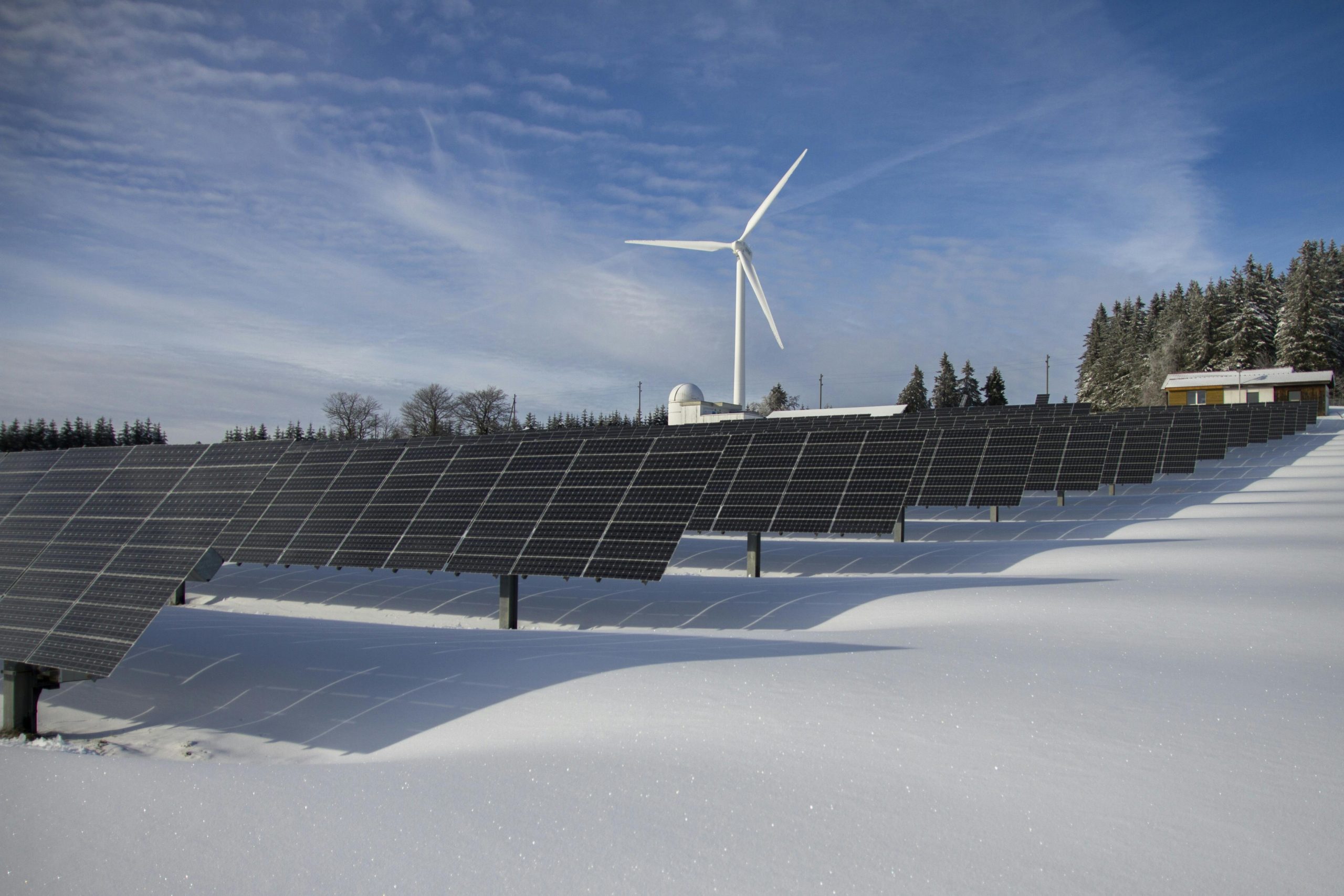Sustainable farming practices are crucial for ensuring food security for a growing global population. However, traditional methods often strain natural resources. This article explores how Artificial Intelligence (AI) is emerging as a powerful tool to address these challenges and empower farmers to achieve sustainable agriculture goals.
For ages, farming has been the backbone of civilization. But today, this vital industry faces unprecedented challenges. Did you know that the global population is expected to reach a staggering 9.7 billion by 2050? Feeding this many people requires a significant increase in food production, but traditional farming methods are putting a strain on our resources. Water scarcity, soil degradation, and reliance on chemical pesticides are just some of the hurdles we need to overcome.
This is where Artificial Intelligence steps in as a turning point. With the power of data and intelligent algorithms, AI is transforming agriculture into a sustainable and efficient practice.
Can Artificial Intelligence push farmers towards sustainable agriculture?
Absolutely! AI offers a powerful toolkit for farmers to embrace sustainable practices. By collecting and analyzing vast amounts of data on soil health, weather patterns, and crop growth, AI can help farmers make informed decisions that minimize environmental impact while maximizing yields.
Here are 5 ways AI can help farmers tackle the challenges of modern agriculture:
- Precision Agriculture: AI algorithms can analyze data from sensors in fields to create detailed maps of soil conditions. This allows farmers to apply fertilizer and water exactly where it’s needed, reducing waste and minimizing environmental runoff.
- Disease and Pest Detection: AI-powered drones and cameras can scan crops for signs of disease or pest infestation. Early detection enables farmers to take targeted action, minimizing reliance on broad-spectrum pesticides and protecting beneficial insects.
- Optimizing Irrigation: AI can analyze weather data and soil moisture levels to determine the optimal irrigation schedule for each crop. This conserves precious water resources and reduces evaporation.
- Crop Selection and Yield Prediction: AI can analyze historical data and weather forecasts to recommend the ideal crops to plant for specific regions and predict future yields. This allows farmers to make informed decisions about planting and resource allocation.
- Autonomous Farm Equipment: AI-powered tractors and other farm equipment are on the horizon. These machines can navigate fields precisely, reducing reliance on manual labor, fuel consumption, and soil compaction.
How AI is Improving Agriculture Sustainability Around the Globe
The impact of AI in agriculture is already being felt worldwide. Companies like Bayer, led by CEO Werner Baumann, are developing AI-powered tools to help farmers improve their decision-making. In India, for example, the International Crops Research Institute for the Semi-Arid Tropics (ICRISAT) is using AI to develop digital tools for smallholder farmers. These tools provide real-time weather information, personalized crop recommendations, and access to market data, empowering farmers to make data-driven decisions for sustainable practices.
Smart Farming & IoT Agriculture Solutions
AI isn’t the only technological hero driving the shift towards sustainable agriculture. The Internet of Things (IoT) plays a vital role by providing a network for collecting and transmitting real-time data from farms. Sensors strategically placed in fields and on equipment can monitor everything from soil moisture and nutrient levels to crop health and weather conditions. This data is then fed into AI algorithms for analysis, generating valuable insights that empower farmers to make informed decisions.
For instance, IoT-enabled irrigation systems can automatically adjust water flow based on real-time soil moisture data, preventing water waste and promoting efficient resource utilization. Similarly, IoT-connected livestock wearables can track animal health and activity, enabling early detection of potential problems and improving overall herd management. The integration of AI and IoT is creating a powerful synergy that is revolutionizing the agricultural landscape.
AI apps for Farming
The world of Agritech is booming, with innovative AI-powered apps emerging to address various agricultural needs. Here are a few examples, along with a brief description of their functionalities:
- Plantix: This award-winning app uses image recognition technology to diagnose plant diseases by analyzing photos taken with your smartphone. Plantix then recommends solutions and preventative measures to keep your crops healthy.
- The Climate Corporation: This subsidiary of Monsanto offers a suite of AI-powered tools for weather forecasting. By analyzing vast datasets, The Climate Corporation helps farmers predict weather patterns, optimize planting times, and make informed decisions to minimize risk and maximize yields.
- Deere FarmSight: John Deere’s FarmSight platform utilizes AI to analyze farm data collected from sensors and equipment. This data can include everything from soil moisture levels and nutrient content to machinery performance. FarmSight then provides actionable insights on a user-friendly platform, empowering farmers to make data-driven decisions for improved efficiency and sustainable practice
- Grower Labs: This app leverages AI and satellite imagery to provide insights on crop health and potential yield variations across a field. This allows for targeted intermediation and resource allocation.
- Hello Tractor: This Indian startup connects farmers with tractor owners through a mobile app, optimizing resource utilization and reducing reliance on individual ownership.
Emerging AI agriculture Startups
Several exciting startups are at the forefront of the AI in the agriculture revolution. Keep an eye on companies like:
- Indigo Agriculture: This Massachusetts-based company uses AI to develop microbial seed coatings that improve plant health and reduce reliance on chemical fertilizers.
- PEAKS AI: This California-based startup uses AI and robotics to automate tedious tasks like weed control and fruit picking, promoting sustainable and efficient farm management.
- Iron Ox: This California-headquartered company operates fully autonomous indoor vertical farms powered by AI. Their climate-controlled facilities minimize water usage and eliminate the need for pesticides, offering a revolutionary approach to sustainable food production.
- The Yield Lab: This innovative startup focuses on developing AI-powered robots specifically designed for delicate tasks in greenhouses, such as plant pollination and fruit thinning. Their robots increase efficiency and reduce reliance on manual labor, contributing to a more sustainable agricultural ecosystem.
- Bushel: This Canadian company utilizes AI to analyze farm data and provide personalized recommendations for optimizing crop yields. Their platform factors in weather forecasts, soil conditions, and historical data to suggest the most effective planting strategies and resource allocation for each individual farm.
The future of agriculture is undoubtedly intelligent. By embracing AI, farmers can become stewards of a sustainable future, ensuring food security for generations to come. Imagine web farming platforms powered by AI that can advise farmers on every aspect of their operations, from planting to harvest. This future is closer than you think, and it’s an exciting one!


















